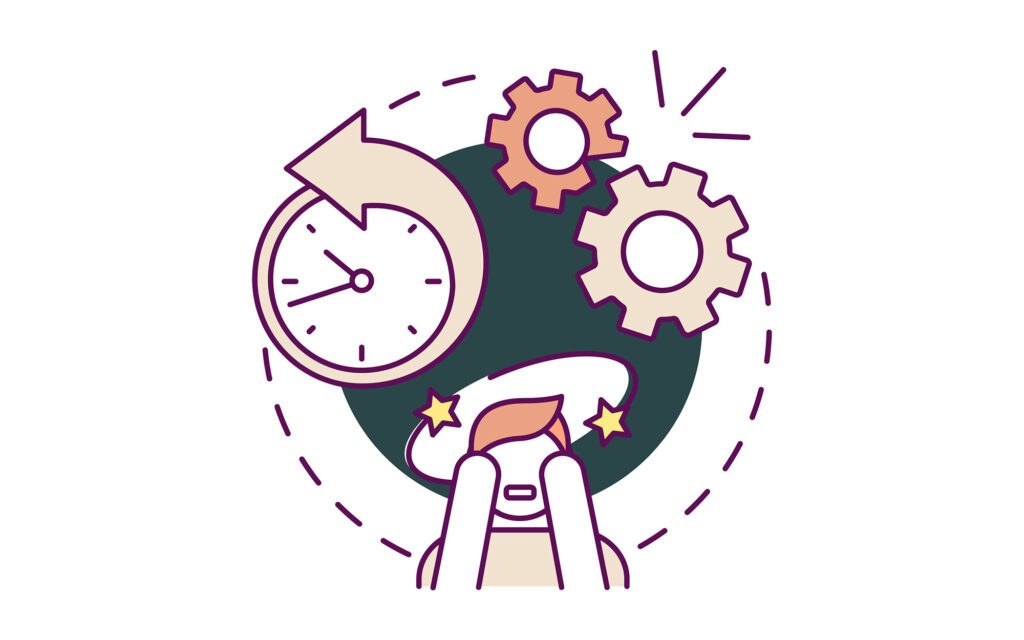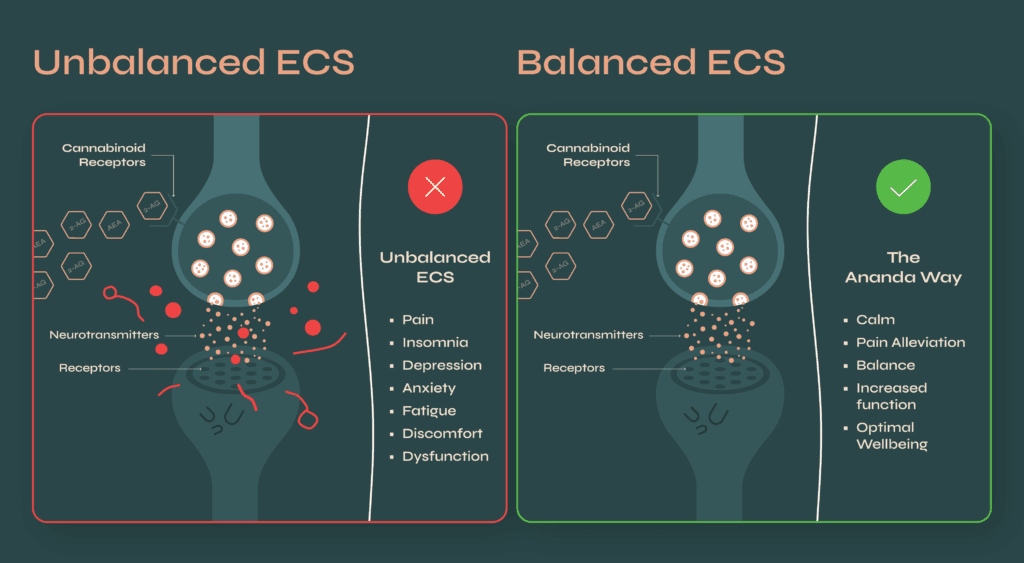

At Ananda Clinics a fundamental part of our practice is treating the signs and symptoms of imbalances in the body. Some of those imbalances show up as a chronic illness, chronic stress, insomnia, or hormonal imbalances.
All of the symptoms that we see are impacted by the dysregulation of our body’s natural sense of equilibrium, called homeostasis.
All living creatures, animals, plants and people need their bodies and systems to function optimally in order to live a long and healthy life. This process of optimal function is called homeostasis, or physiological equilibrium.
Homeostasis ultimately refers to the self-regulating process of the body that constantly seeks and maintains a stable internal environment despite external changes and stressors. It is a critical, whole body process that ensures that vital functions (like temperature) are maintained within a narrow, optimal range. Homeostasis involves several physiological systems, including the nervous, endocrine, and immune systems, which work together to maintain homeostasis.
Essentially, your body maintains different baselines for a healthy body (temperature, stress, sleep). When the baseline becomes under or over its optimal range, homeostasis will work to correct it, for example, in order to re-regulate body temperature when you’re too hot, you sweat, and when you get too cold, you shiver.
Homeostasis ultimately works by manipulating different ions and molecules in the body to maintain balance through a physiological reaction that switches on until balance is reached and impacts things like:
Homeostasis is essential for survival and is a coordinated effort by the body’s internal systems to do exactly that – survive.
The body must maintain stable internal conditions to carry out essential, everyday functions like circulation, respiration, digestion, sleep, and changes in stress. Any imbalance in the body can lead to dysregulation, which can have severe, long term consequences if not managed effectively.

Any imbalance or dysregulation in the body and Endocannabinoid System, chronic or acute, can lead to the disruption of the body’s homeostasis. When homeostasis is disrupted, symptoms of that dysregulation can quickly start to show and impact your life – think pain, insomnia, and anxiety.
An example of homeostasis and dysregulation at work is the oh-so-common stress response; when the body is exposed to stress, the adrenal glands release the stress hormone cortisol to help the body manage stress in the moment, before returning to rest. This in-the-moment response is intended to help your body and brain react to stress or danger and to react quickly.
However, prolonged exposure to stress can lead to the chronic cycle and elevation of cortisol, which can have long term negative effects, like increased weakened immunity, sleep disturbances, and weight gain.

The Endocannabinoid System (ECS) is considered our ‘Master Regulator’ and plays a vital role orchestrating balance and function in the brain, endocrine and immune systems in all humans. Our ECS influences many critical functions in the body, including: sleep, pain, inflammation, immune responses and emotional processing. Essentially, it enables optimal human performance.
The ECS is made up of a network of chemical signals and cellular receptors, CB1 and CB2, that are regulated by naturally produced molecules called endocannabinoids, which are produced by the body, and can be replicated with plant-based medicine.
For example, activating CB1 receptors found in the brain, leads to the release of dopamine, which can help balance mood when you are feeling dysregulated. The ECS plays a crucial role in maintaining homeostasis in the body, by activating its own receptor sites to help regulate various physiological processes, like:
Maintaining and regulating homeostasis in the body should be a priority for long term health and wellness and can help to relieve symptoms associated with stress, anxiety, sleep disruptions, and more.
There are several simple, effective ways to maintain and support homeostasis in the body:
Find out more by Booking an appointment with a GP.
DISCLAIMER: The Ananda Clinics blog is here to provide education and information, without implying medical advice, or recommendation for the use of cannabis as medicine or adult use purposes.
Medical cannabis remains strictly regulated by the Australian TGA as it is not a registered therapeutic agent due to the lack of research and evidence in support of its efficacy or potential side effects.
If you think medical cannabis may be right for you, book an appointment with one of our doctors to find out more.
